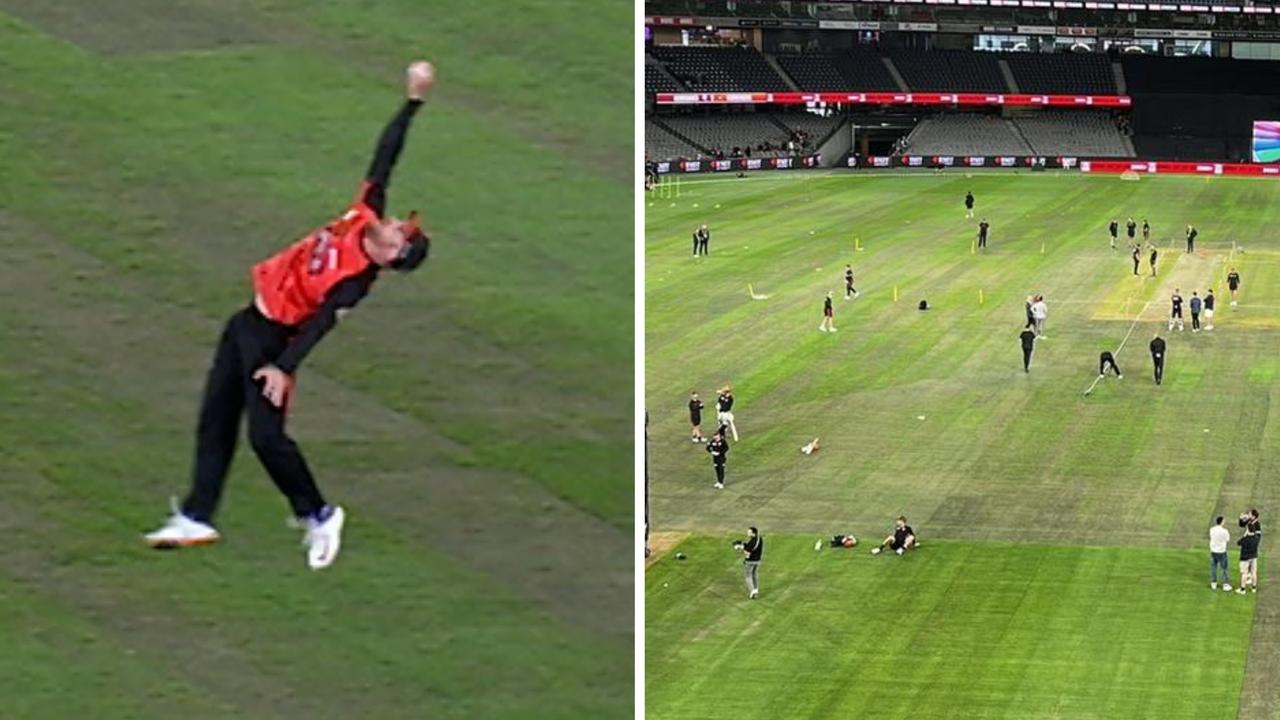How do you make friends when you’re new in town and don’t like sport?

- by Admin
- September 7, 2024
“You should join one of the local sporting clubs.”
That is often the advice given to new arrivals in small towns when they ask how to make friends.
When Jess Owen, who lives in South Australia’s Riverland, was asked by several people how they could make new connections as adults, she started thinking outside the box.
“I think there’s a huge struggle if you’re not into sport … where do you go to meet people?” she said.
“They were really struggling to figure out how to make friends.
“I wanted to create an environment that was encouraging and safe for people to do that.”
Jess Owen created the group to help people in her community connect socially. (ABC Riverland: Elyse Armanini)
Living and working in Berri, Ms Owen created Riverland Social as an inclusive online group encouraging locals to attend in-person events.
Since its inception in May, four events have brought dozens of people together for a casual happy hour and arts-and-crafts sessions.
“We’ve had lots of people coming along to multiple events, which is sort of reaffirming that it’s working,” Ms Owen said.
Ms Owen plans inclusive events for the Riverland Social group to attend. (ABC Riverland: Elyse Armanini)
Friendships forming
When Jacinta Berg and her parents moved to Loxton from Queensland earlier this year, she was given the common sports club advice.
“I was told to join netball, but it’s not really my vibe,” she said.
When her parents set off to travel without her, Ms Berg was looking for avenues for social connection outside of her work circle.
Jacinta Berg says she’s looking forward to attending more events. (ABC Riverland: Elyse Armanini)
So when she was asked by a colleague to tag along to a Riverland Social event, the 20-year-old was all for it.
“I went out of my comfort zone and I met lots of people,” Ms Berg said.
“There’s one lady I met at a previous event and we actually went out and got to know each other. It was really cool.”
Ms Owen said it was exciting to hear from participants who had connected outside of the group.
Recent Riverland Social events have encouraged people to get creative while chatting. (ABC Riverland: Elyse Armanini)
“They’re putting themselves out there and reaching out to the people they’re meeting at these events, which is huge,” she said.
“That takes a lot of courage.”
A national feeling of disconnection
The group has been created at a time when more Australians are feeling the opposite of social.
Ending Loneliness Together chief executive Michelle Lim said regional and rural people were “significantly more likely” to report feeling lonely compared to those in cities.
Michelle Lim says people in regional areas report feelings of loneliness more than those in metro areas. (Supplied: Michelle Lim)
“Some of the plausible reasons could be a lack of social opportunities [or] if you’re a more recent resident, you’re more likely to experience loneliness because you haven’t had quite the time to adjust,” she said.
“Loneliness is not going to be something that can be easily rectified if we live in a world that doesn’t help us initiate or maintain meaningful social connection.”
Icebreaker activities and talking prompts are offered during Riverland Social events. (ABC Riverland: Elyse Armanini)
When Kirsten Diprose moved to Caramut in south-west Victoria 11 years ago, she prioritised meeting other women but found connection in surprising places.
“I have good friends who are 60-year-old farming men,” she said.
“I would never have expected that, but we all have that shared same value of the community.”
Kirsten Diprose prioritised meeting new people when she moved to a regional Victorian town. (Supplied: Kirsten Diprose)
Ms Diprose said local people are key to fixing regional community issues, including loneliness and isolation.
“You’ll find that when you get people on a joint mission together that’s where the magic happens. That’s where relationships are built,” she said.
“Before you know it, you’ve actually achieved something and created a social network and genuine friendship.”
Riverland Social events encourage strangers to get to know each other in a casual setting. (ABC Riverland: Elyse Armanini)
More opportunities for connection
Back in the Riverland, Ms Owen doesn’t have immediate plans to expand her social group into neighbouring regions, but would like to see similar groups form.
“I would love to see more of this take off,” she said.
“At the moment I’ve probably got enough on my plate with being a parent of two and working part time.
“But I would love to support someone else in doing that, for sure.”
The Latest News
-
December 24, 2024North Lamar Australian Basketball
-
December 24, 2024We asked Golf Digest writers the story they were proudest of in 2024, and why – Australian Golf Digest
-
December 24, 2024Blueprint for success: how Australian architects made the world take notice in 2024
-
December 24, 2024‘Novak Djokovic will only care about the Australian Open and Wimbledon’
-
December 24, 2024PNG-Australia NRL Deal: K1.7 billion economic boost and 10,300 jobs expected





